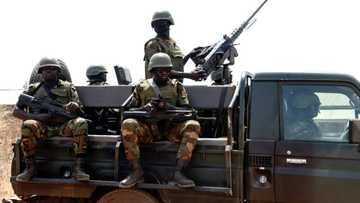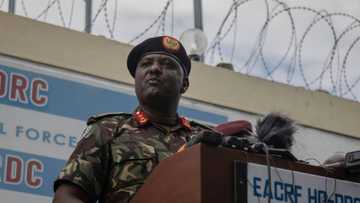Mali peacekeeping force in the balance as countries withdraw
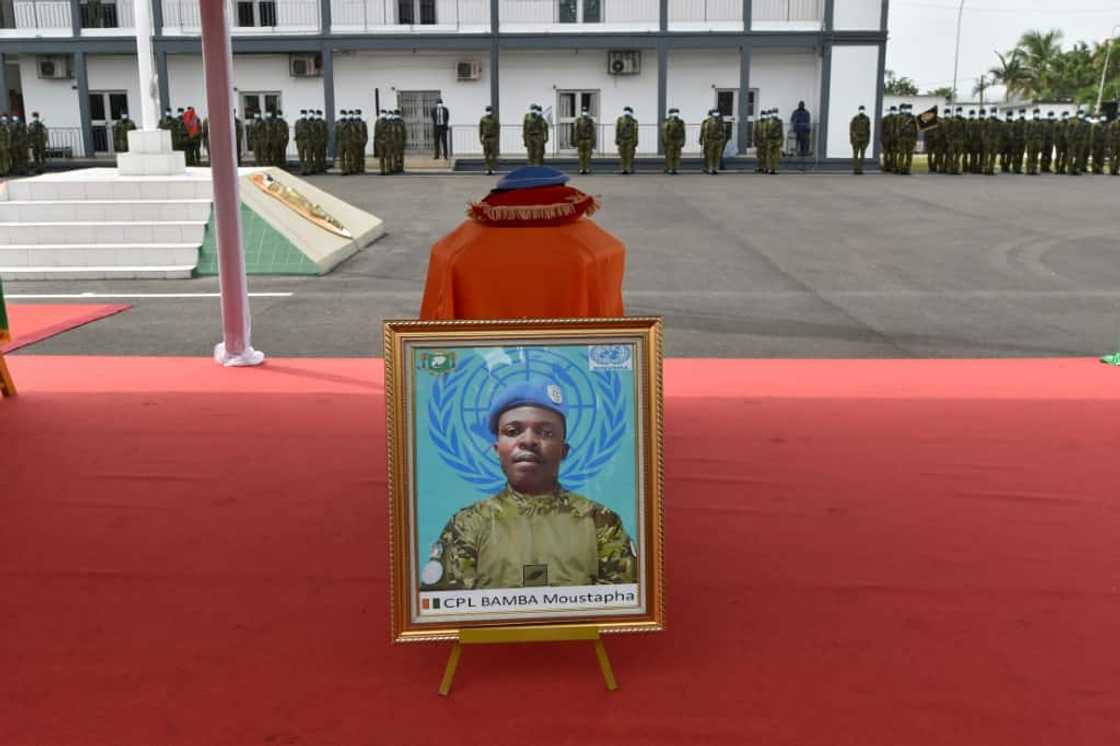
Source: AFP
PAY ATTENTION: Сheck out news that is picked exactly for YOU ➡️ find the “Recommended for you” block on the home page and enjoy!
A shadow has fallen over the United Nations' peacekeeping mission in jihadist-embattled Mali, one of the UN's biggest operations, after a string of countries announced they would pull out.
Britain and Ivory Coast this week became the latest to announce their withdrawal from MINUSMA, after similar announcements in past months from Sweden, El Salvador and Benin.
Egypt, one of the biggest single contributors to MINUSMA, announced in July it would "temporarily suspend" participation in the force.
A German government source on Thursday said Germany was planning to extract its troops by the end of 2023, but there has been no official announcement.
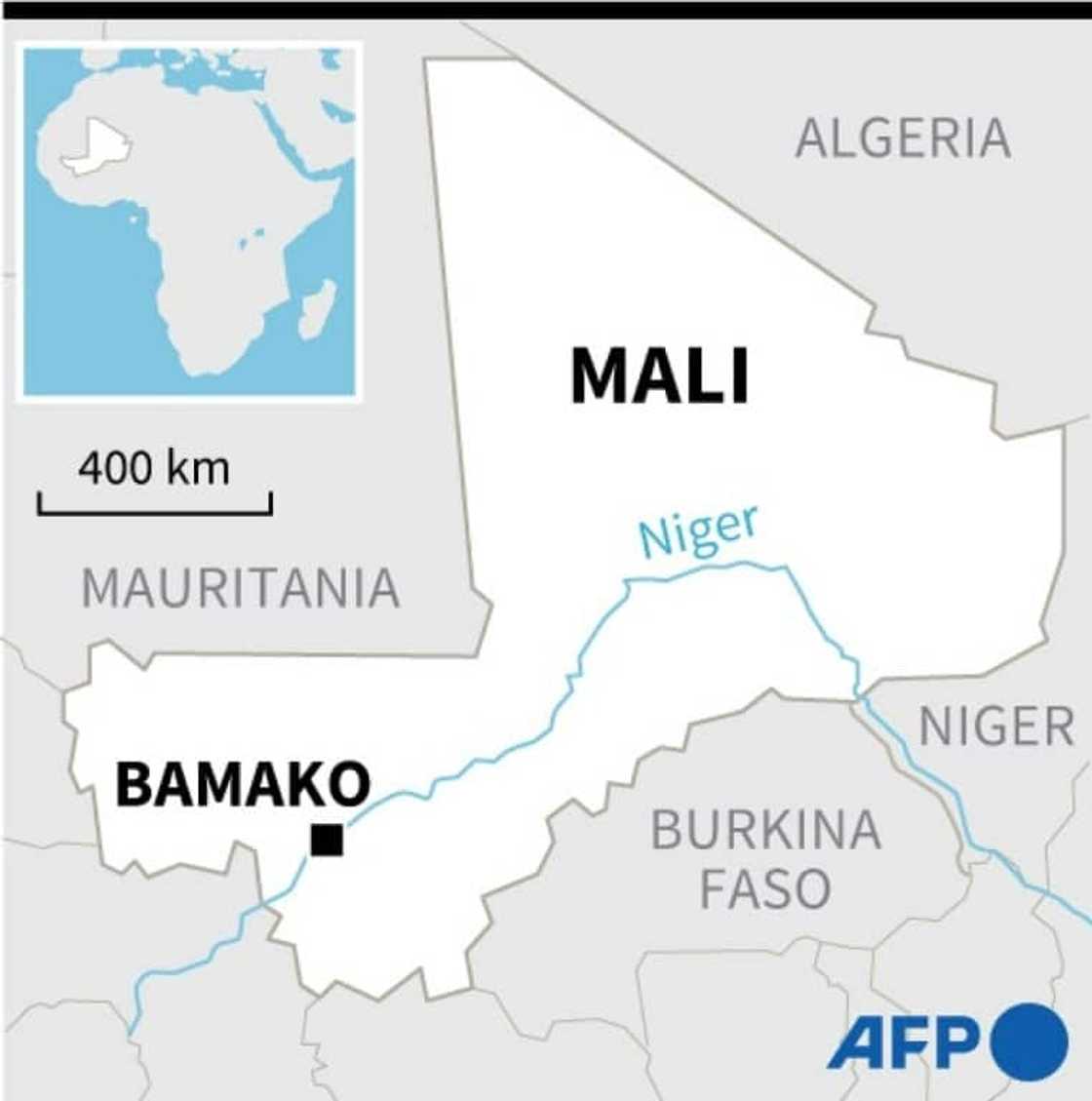
Source: AFP
PAY ATTENTION: Follow us on Instagram - get the most important news directly in your favourite app!
If it too were to depart, MINUSMA would by the end of next year lose more than a quarter of the more than 12,000 personnel it had deployed in September.
"The rats are fleeing what seems to be a sinking ship," an African diplomat said on condition of anonymity.
Jihadist violence began in northern Mali in 2012, and has since spread to neighbouring countries.
MINUSMA -- the Multidimensional Integrated Stabilization Mission in Mali -- was created in 2013 to help stabilise the country, and allowed "to use all necessary means" to achieve this end.
The following year it was further mandated to protect civilians, promote human rights and assist in the re-establishment of state authority.
Heavy toll
But the violence has grown from bad to worse since then, killing thousands of people -- civilians, combatants, troops and police -- and forcing hundreds of thousands to flee their homes.
MINUSMA has become the deadliest UN peacekeeping mission in the world, with 281 of its troops killed to date, of which 181 in attacks.
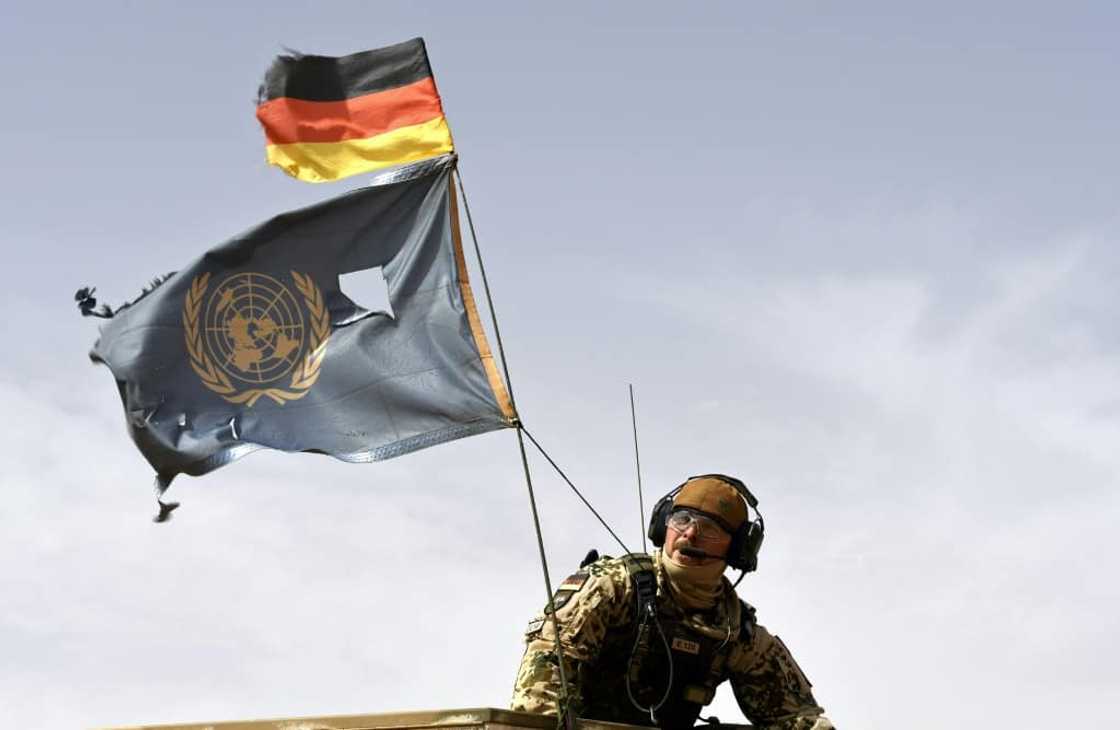
Source: AFP
It is also the costliest blue helmet venture on the planet, racking up an annual bill of $1.26 billion.
Yet for many local populations and some African leaders, the mission is not doing enough.
It has in particular struggled to operate since a military coup in Bamako in 2020 and the alleged arrival the following year of Wagner operatives from Russia to bolster government forces.
Tensions between the peacekeepers and the junta erupted into the open in July, when Mali expelled a MINUSMA spokesman during a row over the detention of 49 Ivorian soldiers at Bamako airport.
MINUSMA said the Ivorians were intended for the mission, while Mali accused them of being mercenaries intent on toppling the government.
The junta has also hampered the mission's investigations into allegations of human rights abuses by Malian forces.
Secretary-General Antonio Guterres has highlighted "restrictions on movement and access" of the UN mission, which was impeding its mandate of protecting civilians.
France this year withdrew its troops from the former French colony, deployed separately under its Barkhane anti-jihadist mission in the Sahel. The force had helped provide air support for MINUSMA.
Holes to fill
The reasons for the exodus from MINUSMA vary.
Egypt announced its suspension after losing soldiers, Benin said it needed to focus on the jihadist threat on its own borders, while Britain objected to the Malian junta's alleged ties with the Kremlin.
Ivory Coast, which is embroiled in a months-long row with Mali over its detained troops, gave no reason.
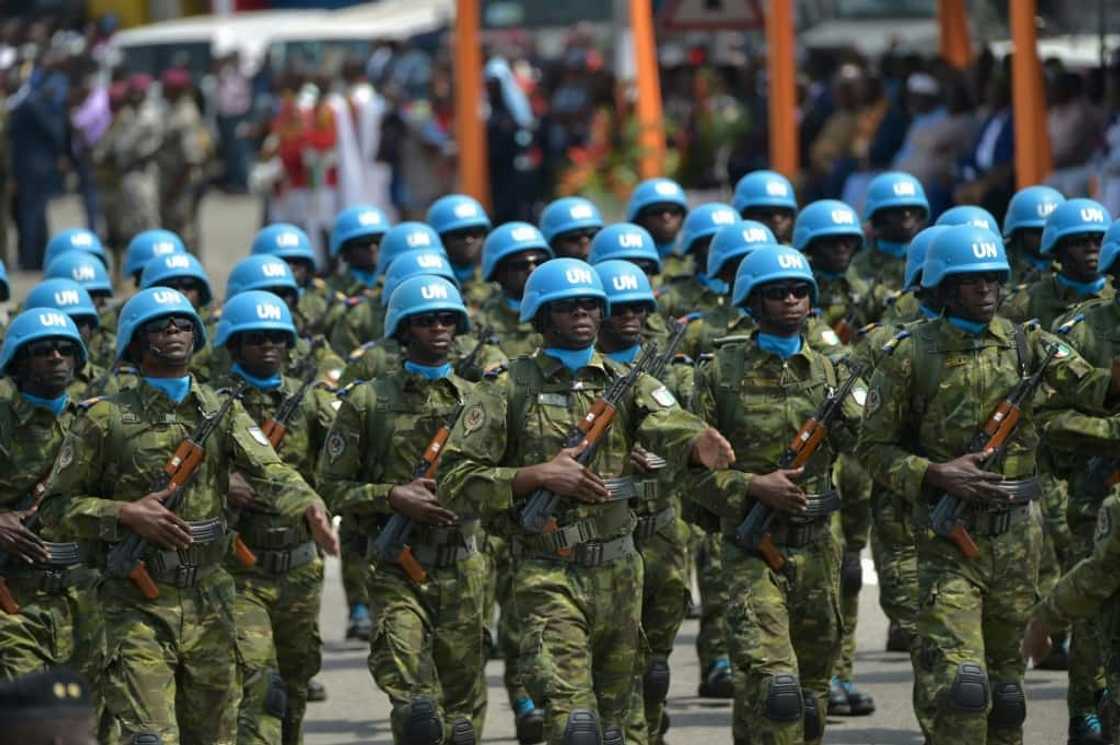
Source: AFP
Sahel expert Yvan Guichaoua said MINUSMA now faced the challenge of finding numbers and skills to replace the departing soldiers.
The Egyptians had been tasked with escorting convoys for example, while the Swedes were in charge of "rapid response" by air. The British carried out weeks-long scouting missions in the country's arid southeast, looking for fighters linked to the Islamic State group.
Jean-Herve Jezequel, head of the Sahel programme at the International Crisis Group (ICG) think tank, said the departure of the Ivorians -- 875 troops -- was "a big blow".
"The backbone of MINUSMA is the contingents from countries of the global South," Jezequel said.
In June, Guterres said a re-appraisal of MINUSMA's mission was needed within six months.
Help for civilians
When asked if it was planning measures to replace departing contingents, MINUSMA replied in general terms.
"In a peacekeeping mission, contributing countries supply troops for a certain period," it said.
"When they leave, others replace them and the plan is adjusted accordingly. It's a well-established process that is mainly discussed at the political level and at the headquarters in New York."
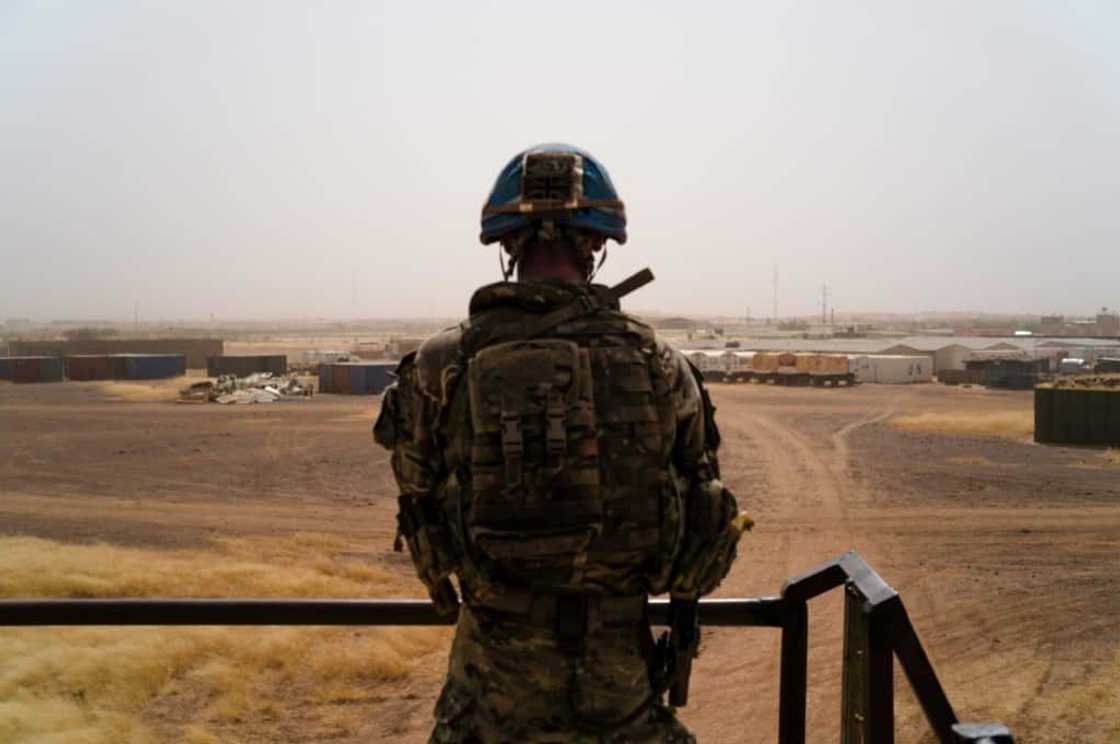
Source: AFP
A UN official in Mali, who asked to remain anonymous, said that despite "problems", MINUSMA had made huge contributions to civilian life.
They had helped fund infrastructure, provided logistics support to the judiciary and health sector, and even contributed to mediation between different communities.
"Whatever is said, MINUSMA does a lot in areas where the state has long given up due to lack of funding or will," the source said.
PAY ATTENTION: Сheck out news that is picked exactly for YOU ➡️ find the “Recommended for you” block on the home page and enjoy!
Source: AFP

